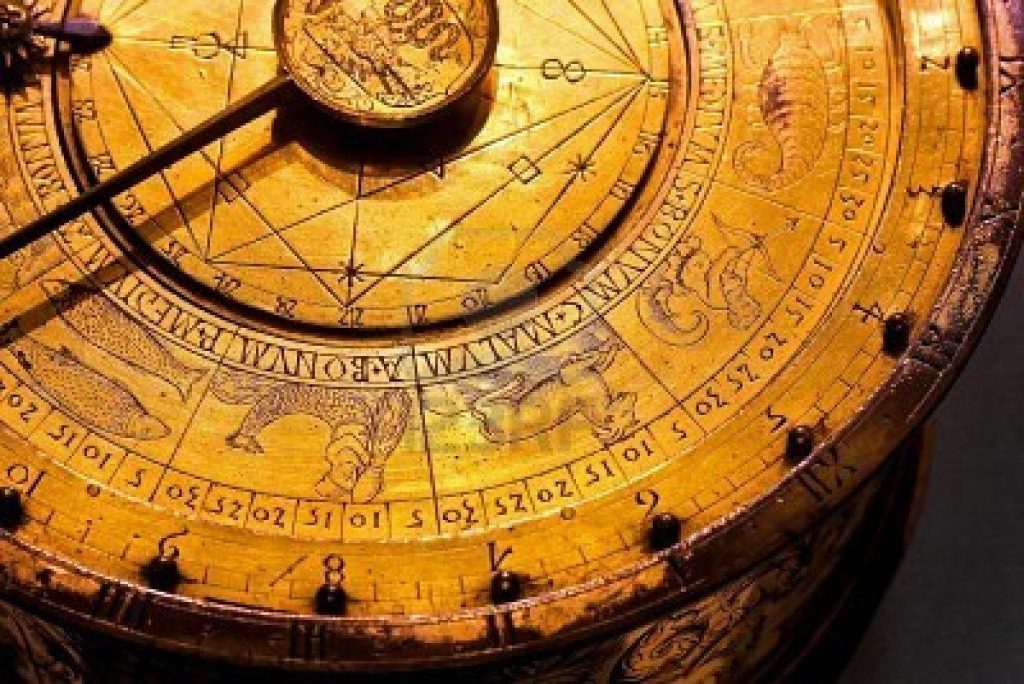Jyotish or Vedic astrology has been in existence for thousands of years in India. It is a sister science to the healing modality of Ayurveda, hatha yoga, Indian palmistry, and Vaastu shastra. Vedic astrology is known for its predictive ability and for providing guidance to individuals through all stages of their lives. However, one need not be a practicing Vedic astrologer to use it on an ongoing basis. There are some simple ways you can learn how to use Vedic astrology in your life.

Themes in Vedic astrology
Whatever your age, and wherever you reside, you likely have to deal with matters of family, health, education, finance, career, spirituality, and partnership. There will be choices to make which can impact the direction of your life as well as the lives of your loved ones. How do make the wisest choices? People naturally turn to their friends and family for guidance. This is a great first step, but these well-intentioned individuals often have a hard time being objective. They’re close to you and the situation and emotions may cloud their judgment. Vedic astrology provides guidance from an objective person who sees the bigger picture in terms of the long-term impact of a decision.
Vedic astrology shows our inherent karmic patterns. It provides a roadmap to help chart your course throughout life. An astrological chart reveals your innate skills, weaknesses, unconscious patterns, purpose in life, spiritual inclinations, health concerns, family dynamics, and more.

Additional astrological tools
A Vedic astrologer casts your chart with the given date, time, and place of birth. Aside from the main chart (the janma kundali or janma patrika), there are also divisional (amsha) charts. These charts pertain to career, health, relationships, family, children, spirituality, property, and education. Each of these sub-charts reveals specific details about the subject matter.
Jyotish also heavily relies on the use of constellations or nakshatras to differentiate one chart from the next. Each of the 27 asterisms have particular significations, character traits, deities, health correlations, and life lessons. Knowing this information can be an asset and a key way for you to understand how to use Vedic astrology in your life.
In India, if you ask someone their sign, they will tell you where their Moon is placed. This is because Vedic astrology is a lunar based system. We pay the most attention to the Moon and then to your ascendant or rising sign.
Another important timing tool in Jyotish is the dasha (duh-shah) system. It’s a continual stream of planetary cycles which we all undergo from birth to death in a linear progression. The placement of your Moon (nakshatra) determines the initial cycle. In India, children are traditionally named according to the sound activated by the placement of their nakshatra. Thus, the child is resonating with the inner vibration of their soul and can more easily tune into their gifts.

How to use Vedic astrology in your life – what you need to know:
- Your rising sign/ lagna/ ascendant in Vedic astrology (this is not the same as your Western rising sign)
- The placement of your Moon in Vedic astrology, especially the nakshatra
- Your current dasha or planetary cycle
- The placement of your Saturn in Vedic astrology (again probably different from where it is in Western astrology)
Once you know this information, you can be more informed about planetary transits and events. If you’re reading online about Vedic astrology, then you can understand how a certain transit may apply to you.
In the event that you natally have Saturn in Sagittarius in Vedic astrology, then you will know that it’s your Saturn return and a time of big change.
When you learn that a lunar eclipse is happening in the same nakshatra as your Moon, then you will know to be extra careful at these times.
These are some examples of how to use Vedic astrology in your life. While nothing can take the place of periodic astrological guidance from a trained astrologer, these pieces of information can help you be more confident and properly navigate your world.
